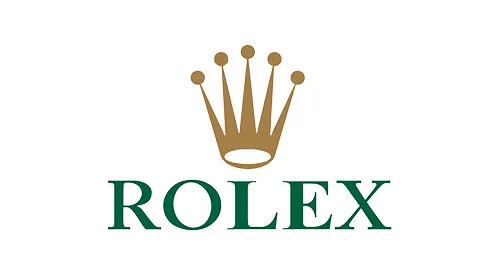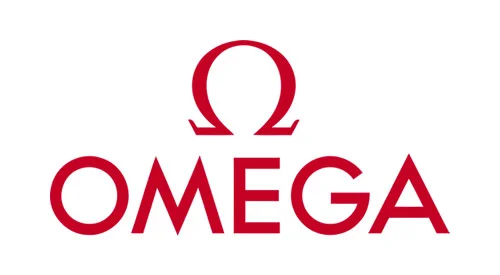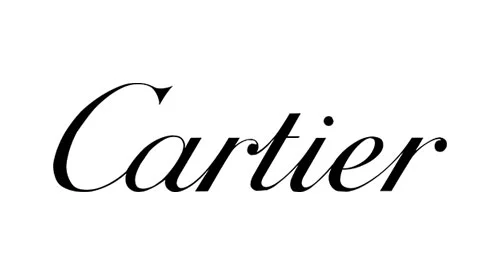Before answering the question Is It Worth Wearing an Expensive Watch? We have to understand the basic concept of Expensive!
What is Expensive?
Expensive is an adjective used to describe something that has a high price or costs much money relative to the norm. It can apply to items, services, or experiences. What is considered expensive is often subjective and can be influenced by various factors, including personal income, value perception, market conditions, and social context. So what is expensive to you may not be to someone else.
The Role of Watches in Signifying Status and Wealth
Throughout history, there have been luxury items that serve as symbols of standing. Luxury watches have always held a special place among them.
Historically these timepieces have been closely associated with prestige. The origins of watches can be traced back to 16th-century Europe. It was in 1574 when Switzerland gained recognition for producing the pocket watch.
Nowadays prominent celebrities, sport stars and particularly rappers like to showcase their wealth and prestige by wearing ultra-expensive watches. Floyd Mayweather, the boxer, illustrates this desire to parade wealth using watches. He had Jacob & Co make him a one-off watch which cost $18 million.
What Contributes to the High Price of Classic Watches?
Classic watches from the big brands such as names like Rolex, Patek Philippe, and Audemars are famous not only for their stunning looking timepieces but also their prices. So what makes their watches expensive?
- Materials: Expensive watches often use high-quality, durable materials like stainless steel, titanium, gold, or ceramics, while cheaper watches may use less durable alloys or plastics.
- Movement: Luxury watches typically feature intricate mechanical movements, which are more costly to produce and require skilled labour, whereas cheaper watches often have quartz movements that are less expensive to manufacture.
- Craftsmanship: The level of craftsmanship in luxury watches is higher, with attention to detail and hand-finished components. Cheap watches are usually mass-produced with less attention to the fine finishing of parts.
- Brand and Heritage: Expensive watches often come from brands with a long history and reputation in watchmaking, which adds to their value. Cheaper watches may not have this heritage or brand prestige.
- Complexity: More expensive watches can have complicated features like chronographs, perpetual calendars, and moon phases, which require additional parts and labour, increasing the cost.
- Durability and Longevity: Expensive watches are built to last, often featuring higher water resistance, sapphire crystals, and robust construction, whereas cheaper watches might not last as long or require more maintenance.
Is An Expensive Watch Worth It?
The answer is yes.. and no! Allow us to explain. There is an old saying about whether wealth makes you happy. Françoise Sagan came up with this classic quote “Money can’t buy happiness, but I’d rather cry in a Ferrari than on a bus”. This somewhat divisive statement is trying to explain the value of wealth and the comfort expensive items can bring.
If you can afford £20,000 on a watch then you will feel good about wearing it and it does have positive psychological benefits when we possess something we feel is special or unique. So if you have the money for a classic watch made by one of the prestige brands, by all means invest in one, wear it or add it to your collection.
On the other hand a cheap family heirloom watch with strong sentimental value may have more “worth” to someone than any other expensive watch.
Conclusion
So even with all this new technology, the classic charm of a well-made watch isn’t going anywhere. Whether for fashion, to show status, or as an investment, these expensive watches are still in the game and will be for a long time! If you would like more information on Classic Luxury Watches, please contact us.






